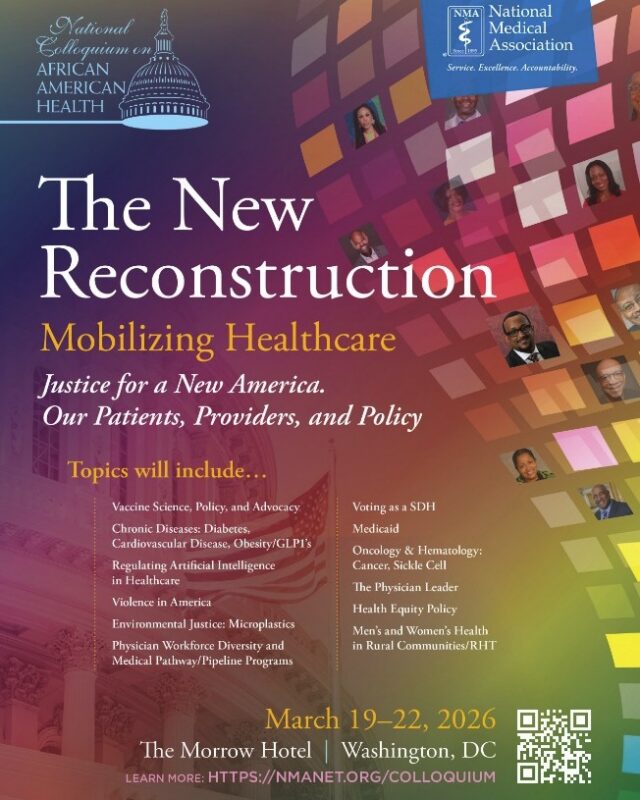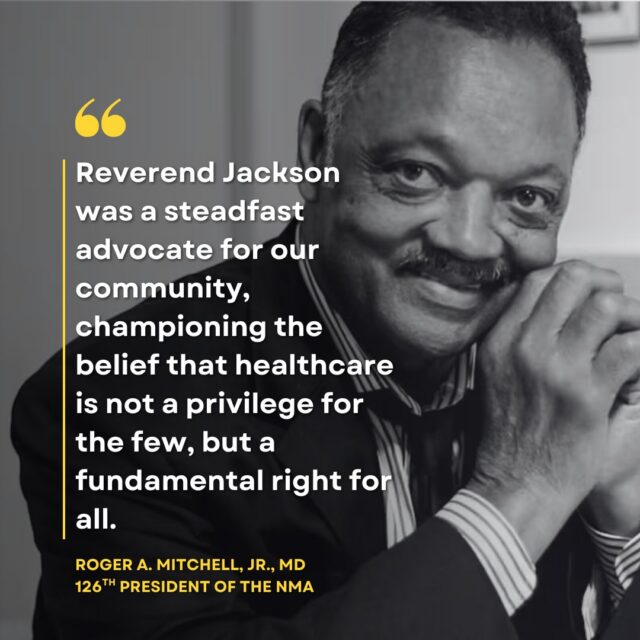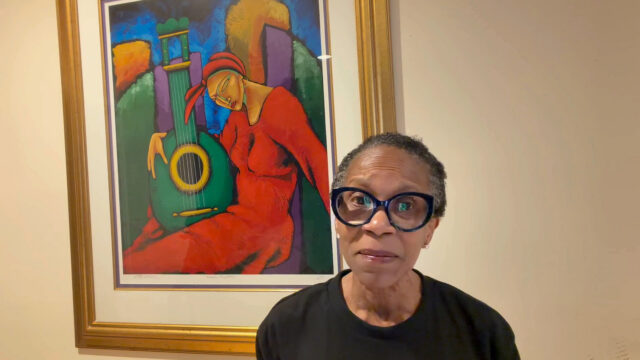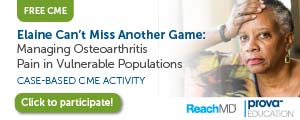Dear Speaker Pelosi, Leader McConnell, Leader McCarthy, and Leader Schumer:
The undersigned organizations urge Congress to include in the final “stimulus” legislation specific provisions to help physicians sustain their practices and provide their patients with the best possible care during the COVID-19 emergency. Specifically, the legislation should support and sustain physicians and their practices during this unprecedented national emergency through tax relief, no-interest loans, direct payments, payment for virtual visits including phone calls, and other measures.
To protect patients from exposure to the virus and conserve resources for the epidemic, physicians are heeding the call to suspend most elective in-person visits and replace them with virtual visits to the extent possible as requested by the CDC, other public health authorities, and their own professional societies.
This is putting severe financial pressure on physicians and their practices, in all types of practice and in all specialties, because most payers including Medicare pay physicians based mostly on the number of in- person visits and procedures they provide, with only limited coverage for telehealth visits. Practices are experiencing huge reductions in revenue while still having to pay rent, meet payroll, and meet other expenses without patients coming into their practices. Accordingly, we recommend that the stimulus legislation:
- Require all payers, including ERISA plans, to provide coverage and payment for audio-only telehealth visits with patients, at the same level as in-person visits. While virtual telehealth visits may be covered in some cases by insurers, they typically are paid far less than in-person visits, and do not include traditional audio-only phone calls with patients, only video-enabled telehealth applications. Many patients, especially seniors, have access to phones but not video-enabled telehealth apps.
- Provide dedicated and direct financial support to physicians and their practices on the front lines of testing, diagnosing, and treating patients at risk of COVID-19, recognizing the increased costs they are incurring in the care of such patients. These costs include acquiring personal protection equipment (PPE) and other supplies, even as they are experiencing reduced practice revenue. Some are even incurring the expense of temporarily relocating their residences to reduce the risk of spreading the virus.
- Provide dedicated financial support to all physicians and their practices who are experiencing adverse economic impact on their practices from suspending elective visits and procedures.
We also strongly urge that Congress take all possible actions to ensure that every physician, and every health care worker, has access to critically needed PPE. The lack of such supplies is placing both physicians and patients at great risk of acquiring COVID-19 and spreading it to others. Eighty-nine percent of physician practices in a March 19 MGMA survey reported experiencing shortages of critical PPE. The funding that Congress has already approved must be increased, and all possible actions must be taken to increase the capacity to manufacture, acquire, and distribute PPE.
The above steps, combined with other measures to make care affordable for patients at risk of COVID-19 are essential to slowing the spread of the virus, and supporting physicians as they honor their sacred obligation to provide care to patients in need, including doing no harm to patients by eliminating elective visits and procedures to minimize patient exposure to the virus.
Sincerely,
Academy of Physicians in Clinical Research
AMDA – The Society for Post-Acute and Long-Term Medicine American Academy of Allergy, Asthma and Immunology
American Academy of Dermatology Association
American Academy of Emergency Medicine
American Academy of Facial Plastic and Reconstructive Surgery American Academy of Family Physicians
American Academy of Hospice and Palliative Medicine American Academy of Ophthalmology
American Academy of Otolaryngic Allergy
American Academy of Otolaryngology – Head and Neck Surgery American Academy of Pain Medicine
American Academy of Pediatrics
American Academy of Physical Medicine and Rehabilitation American Association for Hand Surgery
American Association of Child and Adolescent Psychiatry American Association of Clinical Urologists
American Association of Hip and Knee Surgeons
American Association of Orthopaedic Surgeons
American Association of Public Health Physicians
American College of Allergy, Asthma and Immunology American College of Cardiology
American College of Chest Physicians
American College of Emergency Physicians
American College of Medical Genetics and Genomics
American College of Obstetricians and Gynecologists
American College of Osteopathic Surgeons
American College of Physicians
